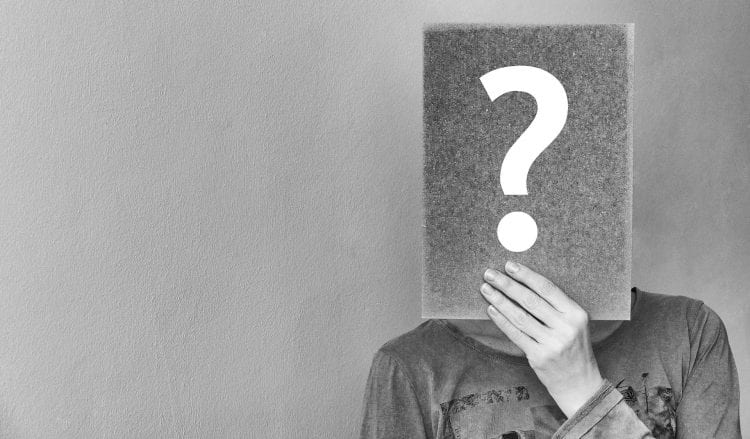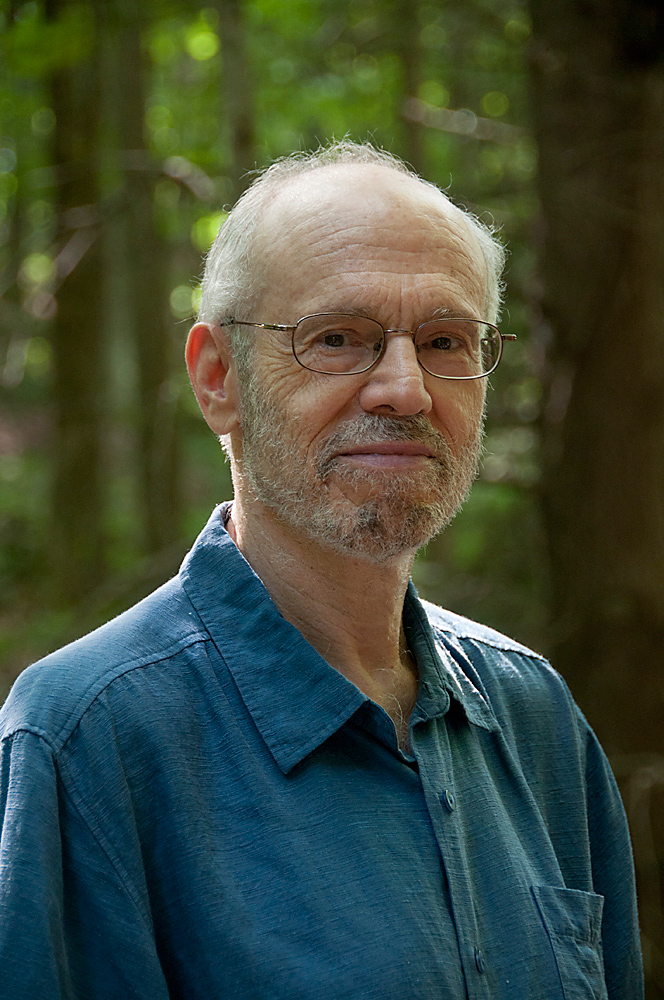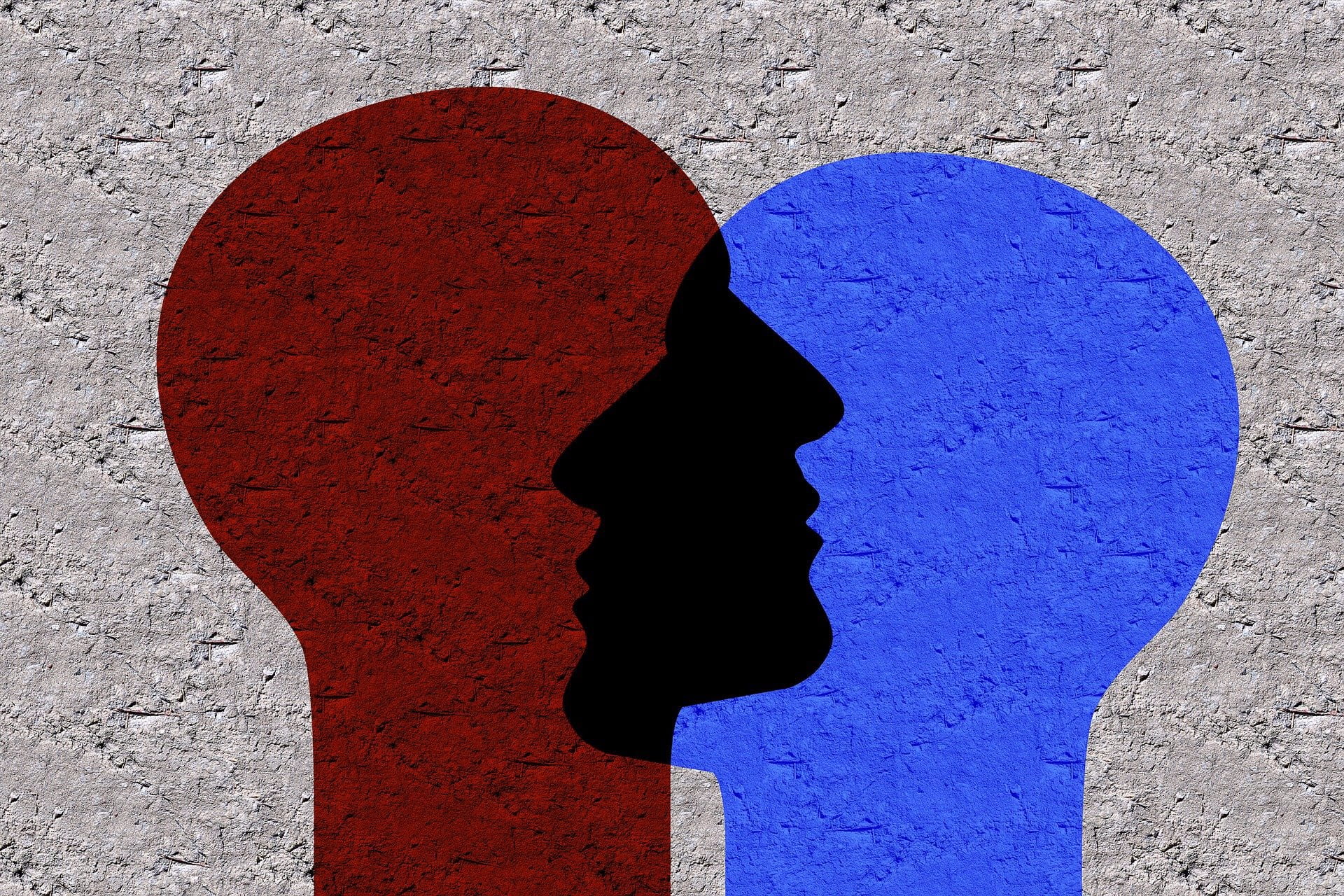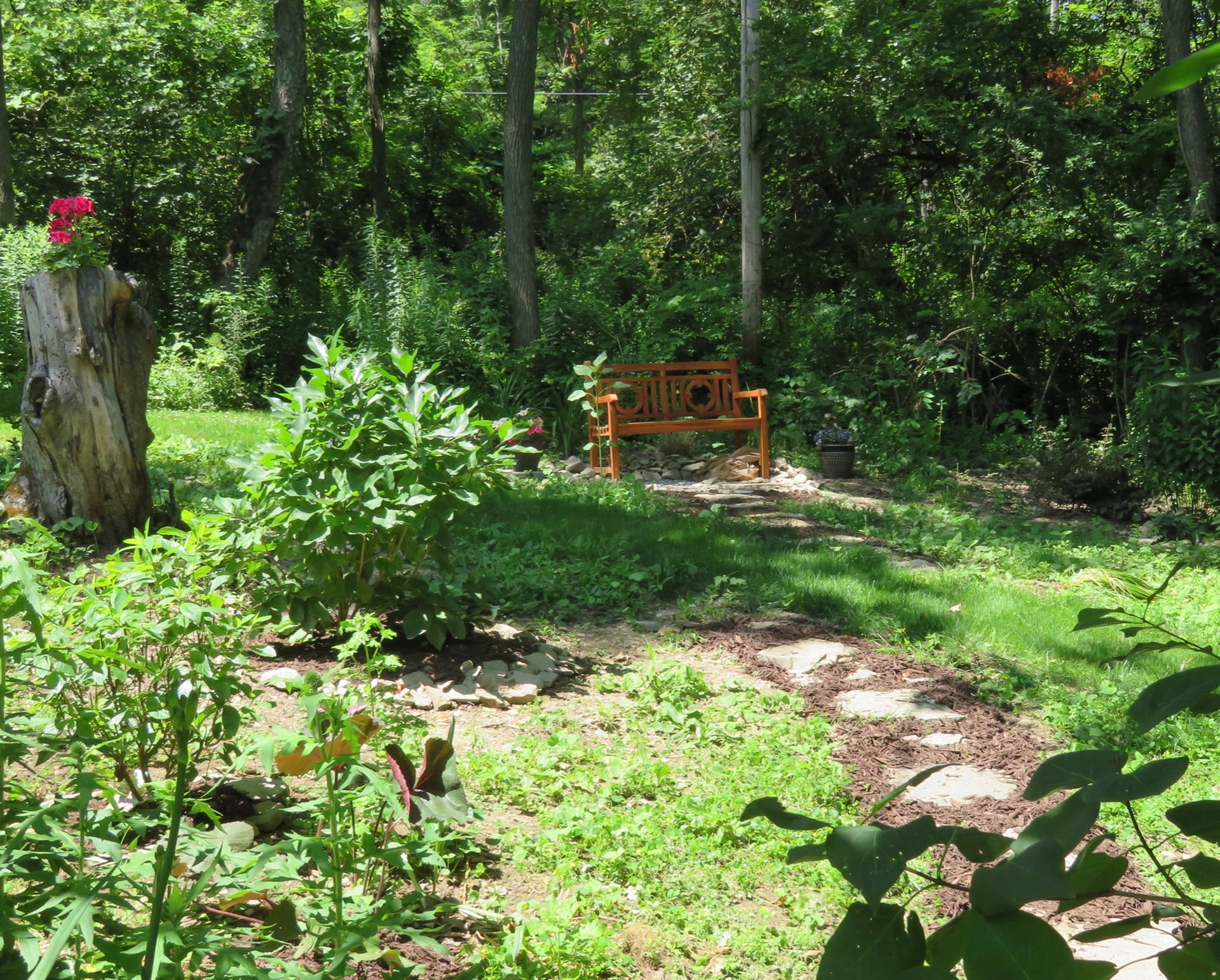*We are all, together, in a frightening situation due to COVID-19. Most schools have closed. Most people are isolated in their homes. Hopefully, the crisis will end soon, and students and teachers will return to their schools and be able discuss the questions outlined below as well as their other lessons. If not, maybe this post can inspire online educational discussions. Either way, we must all do what we can to help others through this awful situation.*
Teenagers are natural philosophers, when the educational environment is open to them asking sincere questions. They are constantly asking themselves, their friends, and, hopefully, their teachers questions like: “Is love real? What does friendship mean? Who or what am I?” So, one of the first things to do is discover what questions the students have related to the course ⎼ or life⎼ and what questions they think must be answered to better understand the course material.
One of the big questions often raised, although sometimes students can’t verbalize it, is “Do we have free will or is that just a comforting illusion?” It is related to the question of “Who am I?” And: “How much freedom do I have to shape who I am and what I feel?” Such questions provide educators opportunities to develop their students’ critical and creative thinking and engage with the Philosophic Imagination.
I remember students gleefully proclaiming in a class discussion that we have no free will. I don’t know if they did this after studying in a science class how every event has a cause, and they were saying to me or to the rest of the class: “I know something you don’t.” Or if saying “there is no free will” was an assertion of it, like saying “I am not bound by old ways of thinking.” It didn’t matter that by saying there was no free will they were denying what their emotions were proclaiming. Or maybe they were just daring me to prove otherwise.
Once in a psychology class, we were discussing compassion and one student asked: “Are we really free to be kind when we want? Maybe some people are just born nice. With all that we learned in science about how chemical and electrical messages and genetics control us, how can we be free to decide anything?”
I asked: “What does it mean to be free? Does it mean we act without any reason or that there are no restraints on what we do? Or that every time we have a thought or desire, we act it out? Would we feel free then?”
“I would feel a slave if I had to express every thought I heard in my mind,” responded one student.
“But would I lose my spontaneity if I didn’t act on my thoughts?” asked a third student.
Then I asked: “Does what we know or believe influence how we act? If we learned about experiments that show people can learn to act with more kindness and compassion, would we be more kind? Or if we studied experimental evidence that mindfulness training strengthens the parts of the brain that prepare us to act to help others⎼ would knowing that change your mind, or not, about being free to be kind even if you weren’t born kind?”
How do you start the discussion? Decide on a question for imaginative mindful inquiry.
After students have settled down and we have greeted them, tell them the question for the day. “Our question for today is What does it mean to be free?” Ask them to raise their hands if the question has come up for them in discussions with friends or family.
In engaging in this discussion, we need to keep in mind religious beliefs about the question. We might also have to re-shape the questions we ask to meet the age and personal history of our students.
One way to start is with an exercise in imagination and mindful inquiry. This can not only introduce the question but develop the skill of self-awareness that is crucial in actually acting freely. And being able to imagine a situation, the implications of one’s words or the consequences of one’s actions, is central to critical thinking and making decisions.
Say to students:
Sit back in your chairs with your backs relatively straight and at ease, and either close your eyes partly or fully or let them rest on a blank surface in front of you. Can you feel your breath? Feel yourself take a gentle breath in. Then feel it go out. Do that again; focus on your breathing in—and then breathing out. No hurry. Be mindful of your body.
At this point, you might ask students to open their eyes and respond to your questions in their journals, or you can continue the mindful-inquiry exercise by asking them to: Turn your attention to your thoughts and say the word “free” to yourself. Maybe say it again. Notice what images, words or feelings arise in your mind when you say it. Imagine⎼ what does being free mean to you? Just listen to yourself for a moment or picture it in your mind.
When have you felt most free? Where was it? What was happening? Who were you with? How did other people respond to what you did? What did it feel like?
Just sit for a moment with the sense of freedom.
Now, notice how you feel. Notice your breathing. And in a second, open your eyes, turn your attention back to the class, and when you’re ready, look up.
If they haven’t already been asked to do so, when they are ready, ask students to briefly record the meaning of free and a time they felt free. If any story, movie or song came up for them that spoke about the meaning of free, let them also record it. Then discuss and process the exercise with the class.
Create Questions to Guide the Discussion:
 After listening to other students, is there a shared understanding in the class of what free means?
After listening to other students, is there a shared understanding in the class of what free means?
- What does free will mean to you? How does this question come up in your life? Would the answer change anything for you?
- Which understanding of free would help you be a stronger person? Do you think anyone has ever tried to make you believe you are not free?
- What research might be useful in discussing this question? What evidence is there that we don’t have free will? What evidence is there that we do?
- Can you act freely if you aren’t aware of your own thoughts, emotions, and feelings?
- Does having a number of choices mean you are free? Or is the quality of choice important?
- What responsibilities come with freedom? How does your freedom affect others?
Is the question mostly about how we define it? Question the question and the wording of it.
The question is often formulated in binary opposites: either our actions are determined, controlled by prior actions or by molecular, hormonal or other physical processes over which we have no control and no awareness. Or our actions are undetermined or independent of such influences.
But is this formulation flawed? For example, if having free will meant our actions were indeterminate, not caused by prior events, then how could we determine or control what we do? Our actions would just emerge randomly. We would be powerless.
The question of free will is tied to our understanding of what it means to be human. When we think of ourselves, we might imagine we are separate and distinct from all other beings. And this self is not just a physical body, not just thoughts, emotions or sensations that come and go but something that persists throughout our lives, and it is this self that decides and gets our body to act. But what is it that persists? Even our memories can change over time.
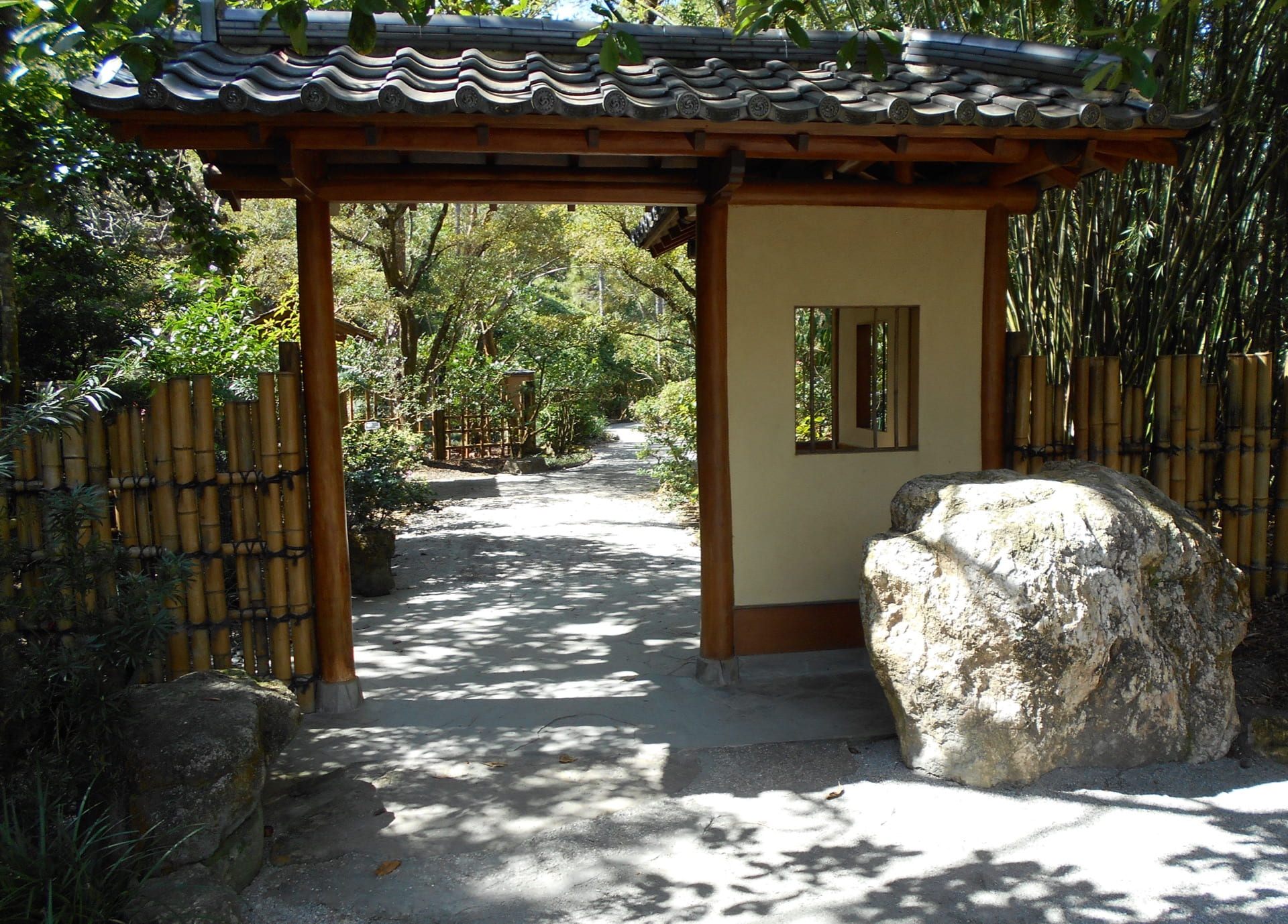 Can we resolve the question by saying all actions have causes and effects, and we are part of those causes? The Chinese concept of Wu Wei, effortless action, might save us from this conundrum. Instead of thinking of our self as a separate ongoing entity distinct even from our body, thoughts and emotions ⎼ and free will as requiring such an entity ⎼ we recognize all these elements of our self as influencing our behavior along with the situation we are in, the people around us, in fact the whole universe. We would then see ourselves as one element of an entire universe creating itself together.
Can we resolve the question by saying all actions have causes and effects, and we are part of those causes? The Chinese concept of Wu Wei, effortless action, might save us from this conundrum. Instead of thinking of our self as a separate ongoing entity distinct even from our body, thoughts and emotions ⎼ and free will as requiring such an entity ⎼ we recognize all these elements of our self as influencing our behavior along with the situation we are in, the people around us, in fact the whole universe. We would then see ourselves as one element of an entire universe creating itself together.
Conclusion: Why is the question important?
The question of free will goes to the heart of our understanding of the universe we live in as well as our basic nature. It reveals the images we use to think about ourselves and others. Are we like machines, or living computers? Are we children of divinity or creators of our destiny? Or are we simply one small part of a whole universe dancing together a moment into existence?
How we answer this question sets the parameters for how we act and what kind of universe we create, so we have to help ourselves and our students do it with as much mindfulness and wisdom as we can muster.
About The Author
 Ira Rabois taught English, philosophy, psychology, drama and the martial arts at the Lehman Alternative Community School for 27 years and is the author of Compassionate Critical Thinking: How Mindfulness, Creativity, Empathy, and Socratic Questioning Can Transform Teaching and his website is irarabois.com.
Ira Rabois taught English, philosophy, psychology, drama and the martial arts at the Lehman Alternative Community School for 27 years and is the author of Compassionate Critical Thinking: How Mindfulness, Creativity, Empathy, and Socratic Questioning Can Transform Teaching and his website is irarabois.com.
Interested in reading more from this author? Other posts on imaginED from Ira Rabois:
